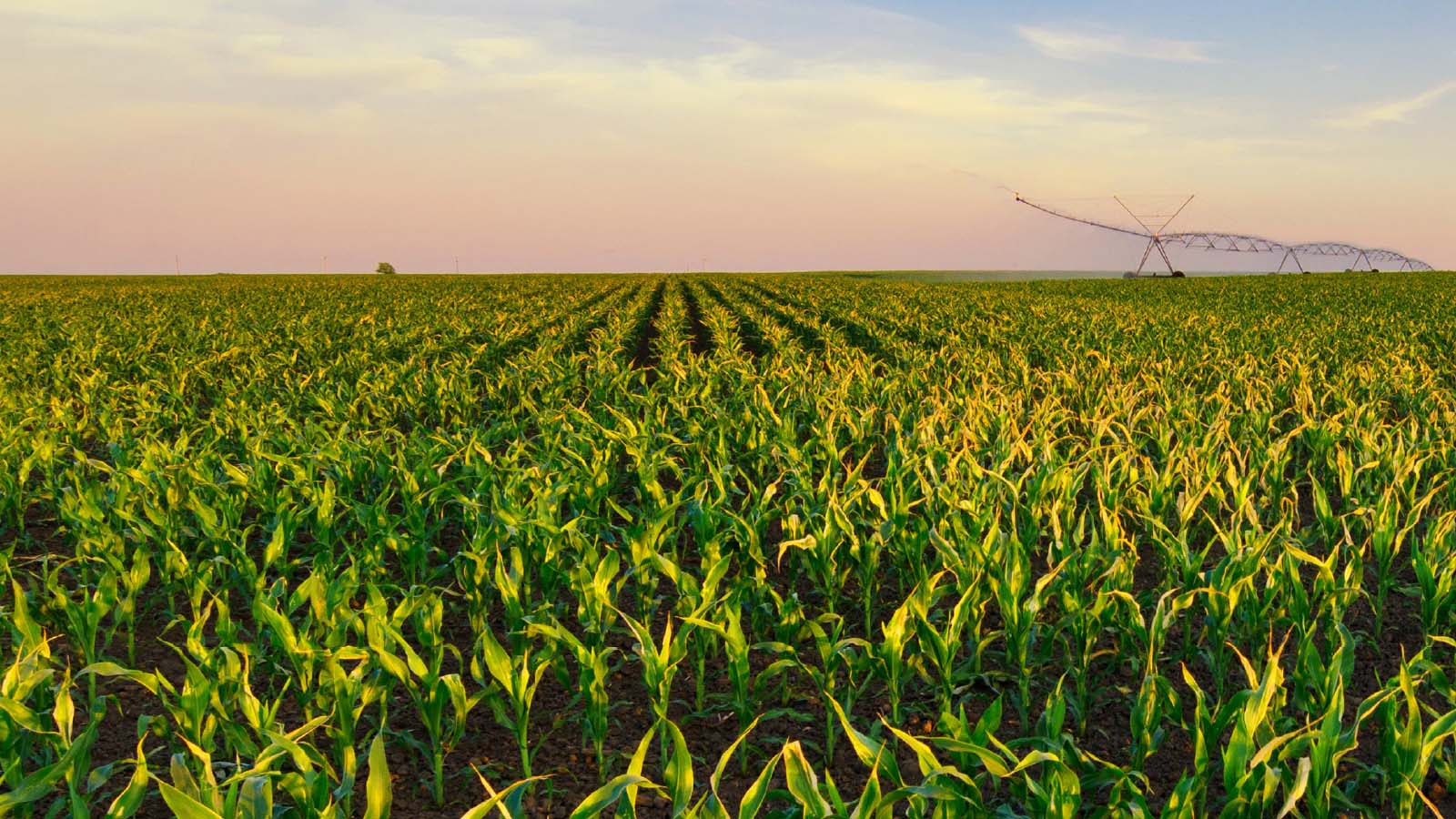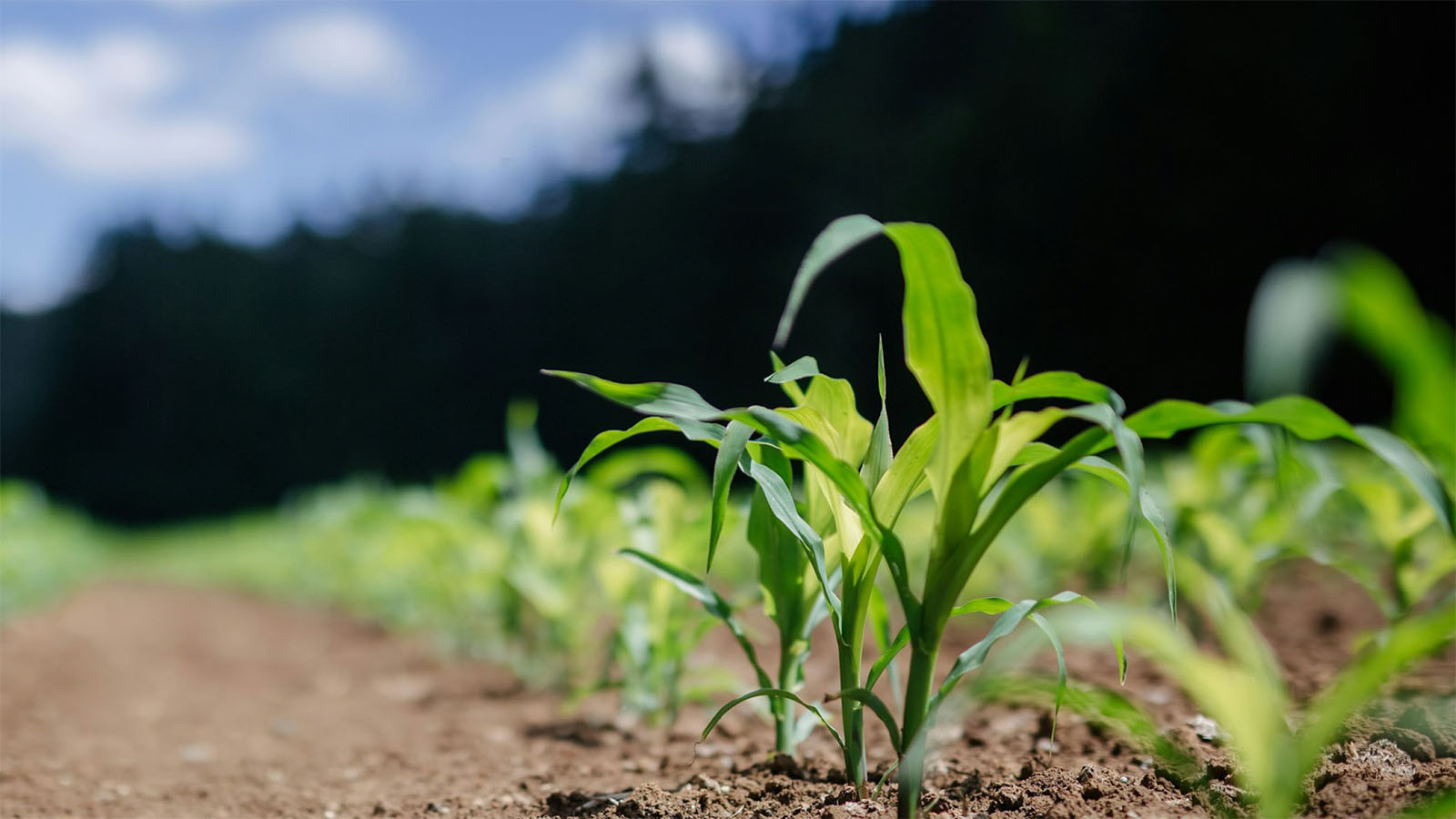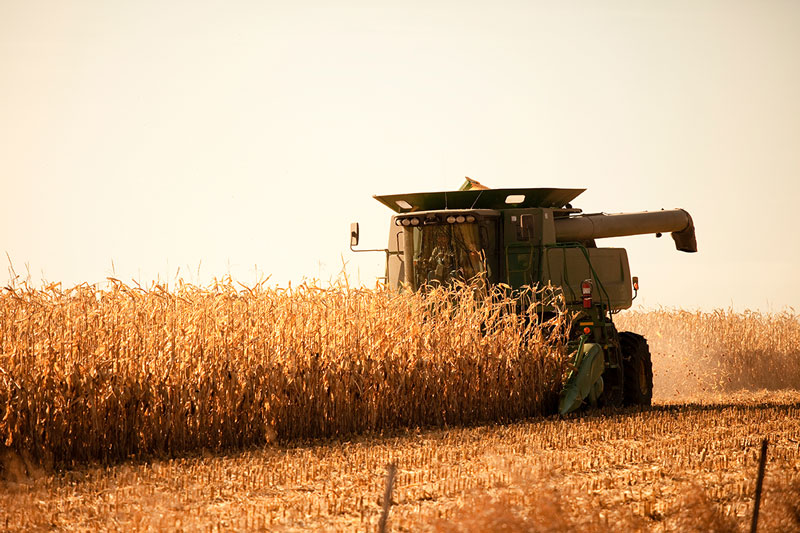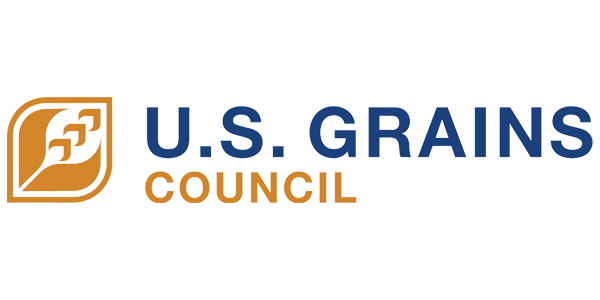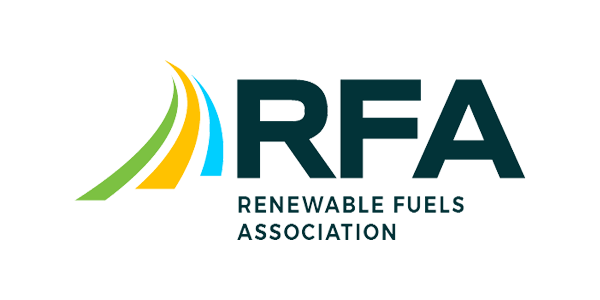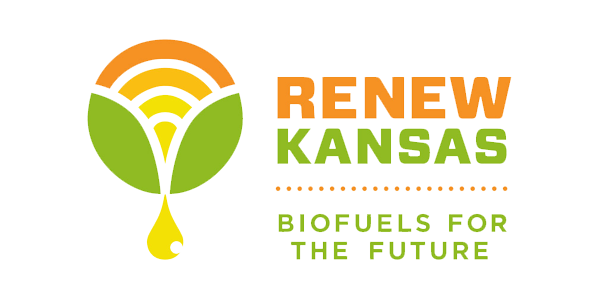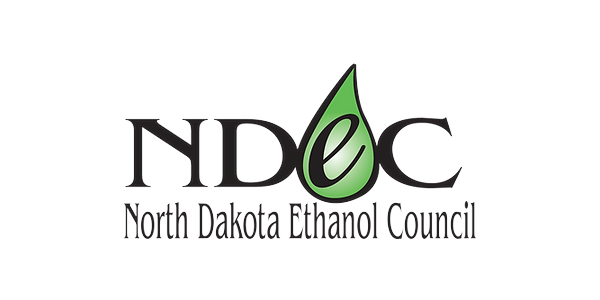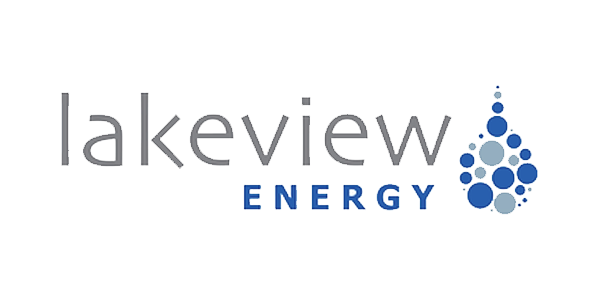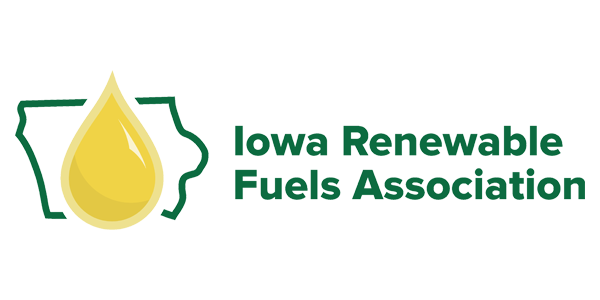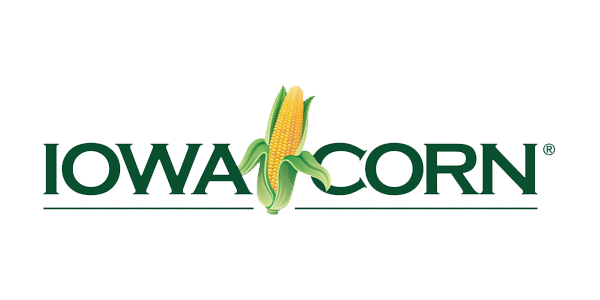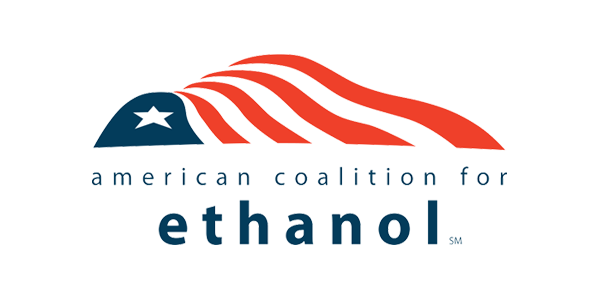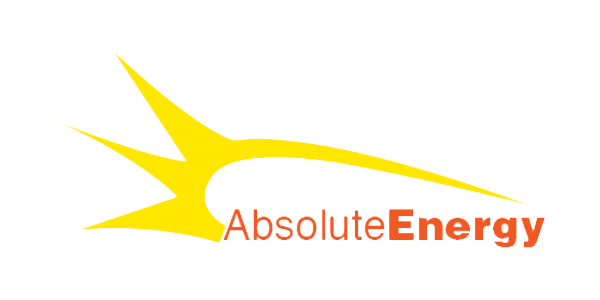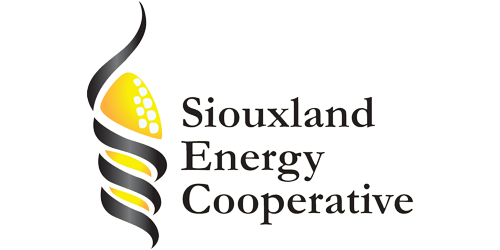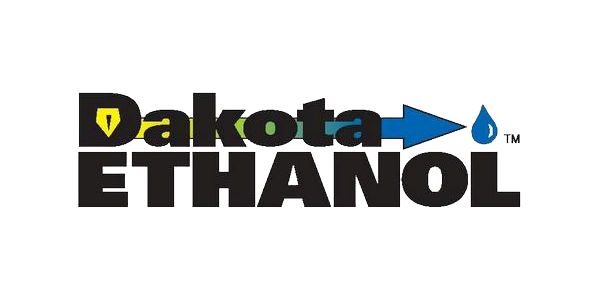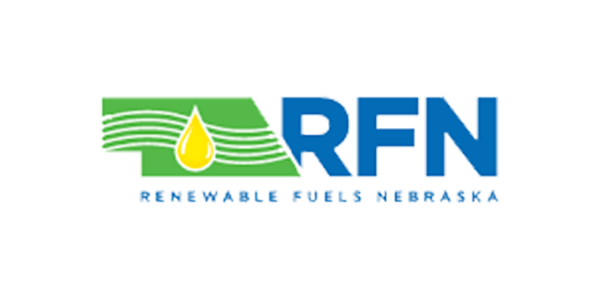URBANDALE, Iowa (Aug. 9, 2024) – Recent economic reports and layoffs in the agriculture sector underscore the urgent need to explore new markets and create global demand.
According to the American Carbon Alliance (ACA), an “all of the above” approach is best for producers, farmers and the entire ag industry.
“We’ve seen this situation before – too much supply leads to low commodity prices and the end result is catastrophic unless we increase demand,” said said Tom Buis, CEO of ACA. “It’s time to advocate for creating new markets. The most significant step is to support carbon capture and sequestration approval for carbon pipelines and direct injection locations to allow ethanol to be used for the production of sustainable aviation fuels and higher blends in the marketplace.”
Last week, U.S. agriculture leaders testified before Congress about the economic challenges facing the industry. They outlined how producers are facing a, “perfect storm,” of cash flow problems, sinking corn prices, high input costs, and escalating interest rates.
The U.S. Department of Agriculture has projected a $41.7 billion, or 22.8%, year-over-year decline in net farm income. Additionally, many farmers held on to 2023 crops in anticipation of better prices in 2024. However, the rapid and significant drop in prices has left storage bins filled with record amounts of corn.
The downturn has continued its trail of destruction, as evidenced by recent layoffs at John Deere, with hundreds of jobs lost, Kinzie Manufacturing, Inc., where nearly 200 jobs were cut, and Gates Corp. laying off all of their workers.
“The past few weeks have brought continued bad news for the agriculture and manufacturing sectors. Now more than ever, progress in carbon capture is crucial to combat declining commodity prices and the lack of reliable domestic demand,” Buis continued. “Twenty years ago, the advent of ethanol created domestic demand for corn, revolutionizing the livelihoods of farmers across the country. If we embrace carbon capture, Sustainable Aviation Fuel will be the next monumental change for producers.”
Corporate targets for sustainable aviation fuel (SAF) usage aim for 3.3 billion gallons annually by 2030. SAF is expected to add value to ethanol by at least $1.25 to $2.00 per gallon, translating to an additional $125 to $200 million annually for a typical ethanol plant.
###




